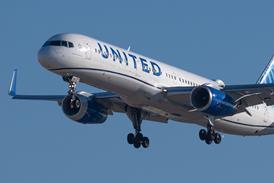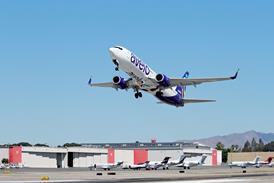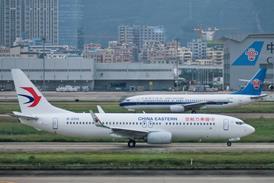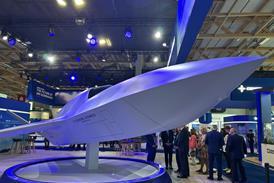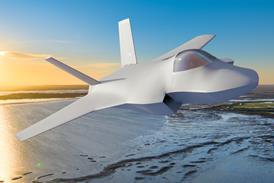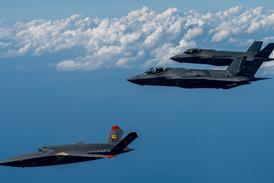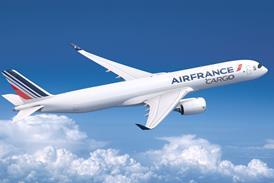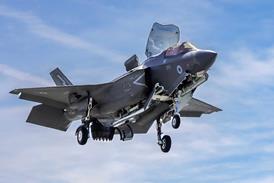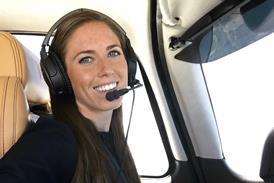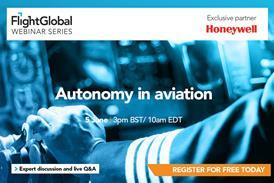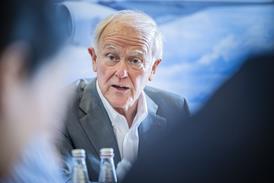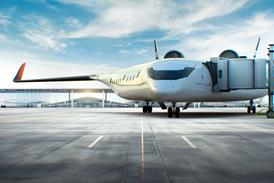Scott Kirby claims United and Delta enjoy ‘permanent, irreversible’ advantages as discount carriers restructure operations amid financial struggles
United Airlines chief executive Scott Kirby thinks his carrier and competitor Delta Air Lines are far better positioned than any other US airlines.
Speaking during United’s second-quarter earnings call on 17 July, Kirby insisted United’s and Delta’s route networks and loyal base of customers sets them apart. He also thinks competitors will have no choice but to soon retrench from unprofitable markets.
“If I look at every airline that’s not named United or Delta, I can find… at every single one of them, a double-digit percentage of their route network that loses money,” Kirby says.
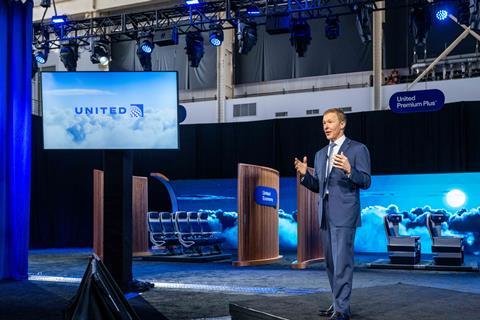
Eventually those other airlines will have no choice but to “stop flying [to] places that lose money… Economic gravity is ultimately going to win”, he adds.
Delta and United have fared particularly well in recent years, turning first-half 2025 profits of $2.4 billion profit and $1.4 billion, respectively.
Competitor American Airlines – the third of the Big Three “network” US airlines – is scheduled to report its second-quarter results on 24 July but lost $473 million in the first quarter.
Delta and United “continue to.. gradually win [market share], quarter after quarter”, Kirby says. “The advantages that we have are structural, permanent, irreversible and they’re growing.”
Kirby’s comments come amid major shifts within the airline industry. US discount carriers are restructuring operations in response to weak demand and an excess of low-cost airline seats.
Spirit Airlines, Frontier Airlines and JetBlue Airways are cutting routes. They are also, alongside with Southwest Airlines, adding premium seats to their jets in a bid to tap demand from passengers will to pay more for better experiences.
Another discounter, Avelo Airlines, is now eliminating all West Coast flying, shifting focus to more-profitable routes.
Southwest lost $149 million and JetBlue lost $208 million in the first quarter, and Spirit recently emerged from bankruptcy protection. None of those airlines have yet released second-quarter financials.
Several low-cost carriers had sought strength in recent years through partnerships and mergers, but those deals fell apart. Federal courts blocked JetBlue’s so-called Northeast Alliance with American Airlines and JetBlue’s proposed acquisition of Spirit.
Avelo chief executive Andrew Levy has partly blamed the US government’s generous Covid-19 bailout packages for helping strengthen a few large carriers at the expense of others. The government gave US airlines $59 billion for the purpose of paying employee wages and benefits amid the pandemic downturn.
But in Levy’s view, that aid helped prop up major airlines’ stock prices and strengthened them financially. And despite taking payroll funds, the airlines shed employees through buyouts and early retirement packages.
“That was the single-most-consequential thing that’s happened in the industry since deregulation,” Levy said. Major airlines “came out of it stronger than ever… They are too big to fail”.

